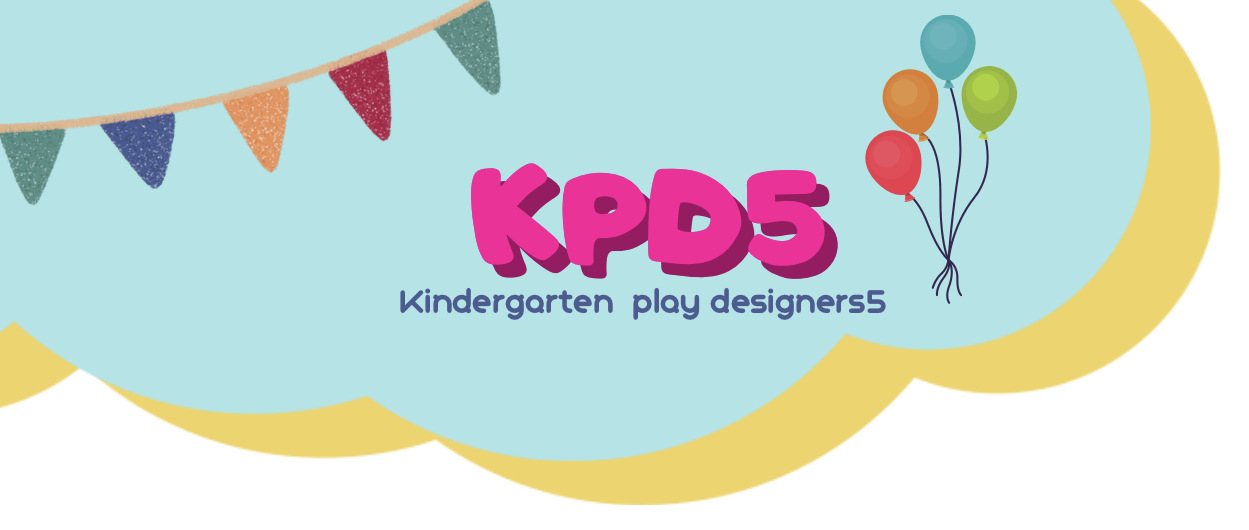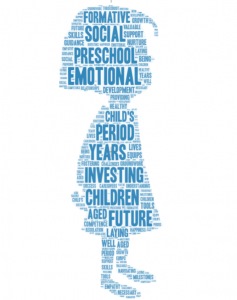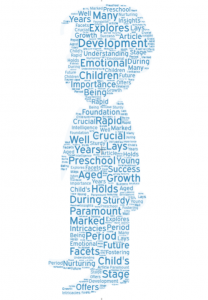The preschool years are a crucial period in a child’s development, marked by rapid growth and exploration. Among the many facets of development during this stage, emotional growth holds paramount importance. Understanding and nurturing emotional development in preschool-aged children lays a sturdy foundation for their future well-being and success. This article explores the intricacies of emotional development during the preschool years and offers insights into fostering emotional intelligence in young children.
During the preschool years, children embark on a journey of self-discovery and emotional awareness. They begin to identify and express a wide range of emotions, from joy and excitement to frustration and sadness. Recognizing and labeling emotions is a significant milestone during this stage. Preschoolers may struggle with understanding complex emotions but gradually learn to articulate their feelings with increasing accuracy.
Preschool provides a fertile ground for social interaction, where children learn to navigate relationships with peers and adults. Through play and group activities, they develop essential social skills such as sharing, taking turns, and empathy. Positive social interactions foster a sense of belonging and acceptance, contributing to emotional well-being.
The ability to regulate emotions is a critical skill that emerges during the preschool years. Children learn to manage their feelings in response to various situations and stimuli. While tantrums and emotional outbursts are common at this age, caregivers play a pivotal role in teaching effective coping strategies. Encouraging deep breathing, counting to ten, or seeking adult support are valuable techniques for managing strong emotions.
Preschool-aged children begin to understand the feelings of others and show signs of empathy and compassion. They may offer comfort to a crying friend or express concern when someone is upset. Cultivating empathy involves modeling compassionate behavior and emphasizing the importance of kindness and understanding.
Artistic activities such as drawing, painting, and storytelling serve as outlets for emotional expression in preschoolers. These creative endeavors allow children to convey their thoughts and feelings in non-verbal ways. Encouraging open-ended play and providing opportunities for self-expression fosters emotional development and creativity.
Caregivers, including parents, teachers, and childcare providers, play a central role in supporting emotional development during the preschool years. Creating a nurturing and supportive environment where children feel safe to express themselves is essential. Active listening, validating emotions, and offering guidance in problem-solving contribute to the emotional well-being of preschoolers.
Preschool is a time when children become aware of differences among individuals, including race, ethnicity, and abilities. Educators can promote diversity and inclusion by incorporating diverse perspectives into classroom activities and fostering an environment of respect and acceptance. Teaching children to appreciate differences and celebrate diversity cultivates empathy and empathy understanding.
The preschool years are a formative period in a child’s emotional development, laying the groundwork for future social and emotional competence. By understanding the emotional milestones of preschool-aged children and providing them with the necessary support and guidance, caregivers can nurture healthy emotional growth. Fostering empathy, emotional regulation, and social skills equips children with valuable tools for navigating relationships and challenges throughout their lives. Investing in the emotional well-being of preschoolers is an investment in their future happiness and success.



